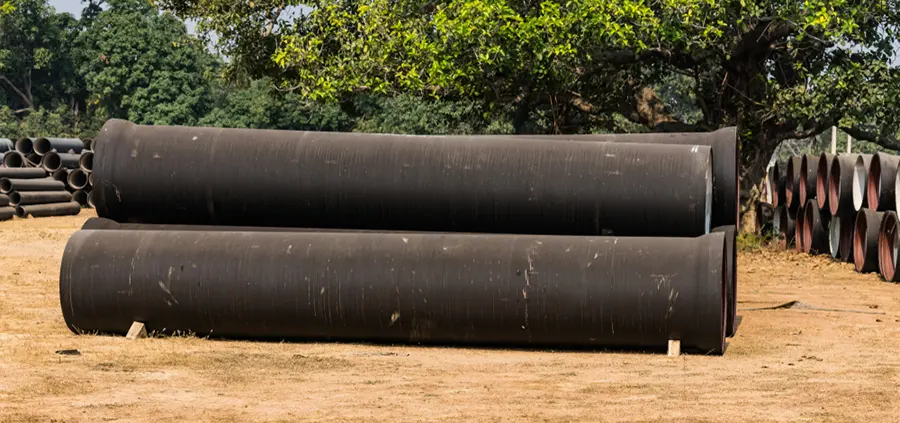Ductile Iron Pipe Impacts Water Conservation: The Role of Robust Infrastructure in Preserving Our Most Precious Resource
Water, the lifeblood of our planet, is a finite resource that requires careful management and conservation. As societies strive to meet the ever-growing demand for clean water, the role of infrastructure becomes paramount. In this article, we will explore how ductile iron pipe (DIP), a robust and reliable material, can help safeguard our water supply and promote water conservation efforts. Join us as we delve into the various ways DIP contributes to the preservation of our most precious resource.
Understanding Ductile Iron Pipe (DIP)
Ductile iron pipe is a strong, flexible, and corrosion-resistant material extensively used for water distribution systems. It is made by adding small amounts of magnesium to molten iron, resulting in a microstructure that provides exceptional mechanical properties. DIP is known for its durability, longevity, and ability to withstand a wide range of pressure conditions, making it an ideal choice for water infrastructure projects.
Importance of Water Infrastructure in Water Conservation
Efficient water infrastructure plays a pivotal role in preserving and conserving our water resources. It allows for effective and safe water distribution, reducing losses due to leakage and system inefficiencies. Ductile iron pipe has numerous features and benefits that contribute to water conservation efforts:
1. Durability and Longevity: DIP has a proven track record of durability, often exceeding a lifespan of 100 years. The long life expectancy of DIP ensures that water distribution systems remain functional and efficient for decades, minimizing the need for frequent repairs or replacements. This longevity reduces the environmental impact associated with the manufacturing and installation of new pipelines.
Example: In a study conducted by the American Society of Civil Engineers (ASCE), it was found that ductile iron pipe installed in the 1920s was still functioning well in many cities across the United States, including Atlanta, Georgia. This exemplifies the longevity and reliability of DIP, contributing to water conservation efforts in these areas.
2. Corrosion Resistance: Ductile iron pipe is highly resistant to corrosion, even in aggressive soil or water conditions. This reduces the potential for leaks and pipe failures, minimizing water losses and improving overall system efficiency.
Example: In the city of Los Angeles, the Department of Water and Power made a strategic decision to replace aging pipelines with ductile iron pipe. This initiative resulted in significant reductions in water loss due to leaks, conserving precious water resources and reducing the need for costly repairs.
3. Energy Efficiency: Ductile iron pipe systems aid in energy conservation through efficient water transportation. The smooth interior surfaces of DIP create less friction, requiring less energy to pump water through the system. This energy efficiency not only reduces operational costs but also contributes to environmental sustainability.
Example: The city of Melbourne, Australia, invested in the replacement of old cast iron pipes with ductile iron pipe systems. This upgrade resulted in improved water flow and reduced energy consumption, enhancing water conservation efforts in the region.
4. Leak Detection and Monitoring: Ductile iron pipes can be equipped with advanced technologies for leak detection and monitoring. These systems help identify leaks, aiding in their prompt repair and minimizing water losses.
Example: A water utility company in Houston, Texas installed ductile iron pipes equipped with sensors that detect leaks and pressure variations in real-time. This proactive approach enables prompt repair of leaks, reducing water losses and conserving resources.
As you see, DIP can help minimize the loss of water. It is vital that companies continue to work together to save our natural resource – WATER!



Leave a Reply
Want to join the discussion?Feel free to contribute!